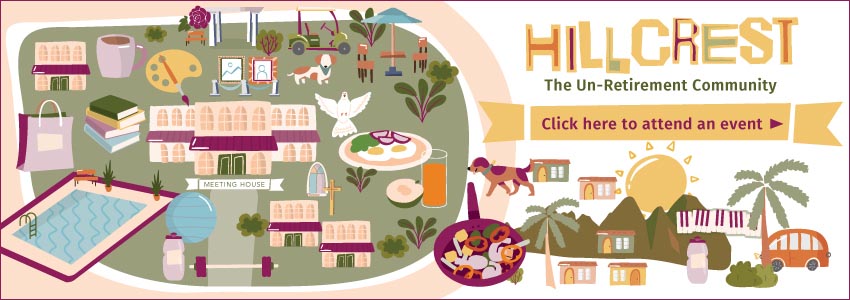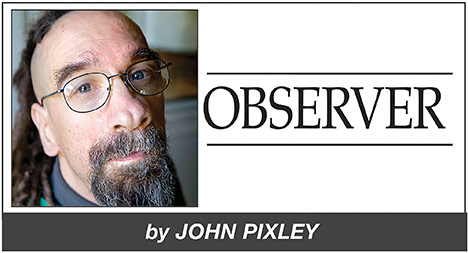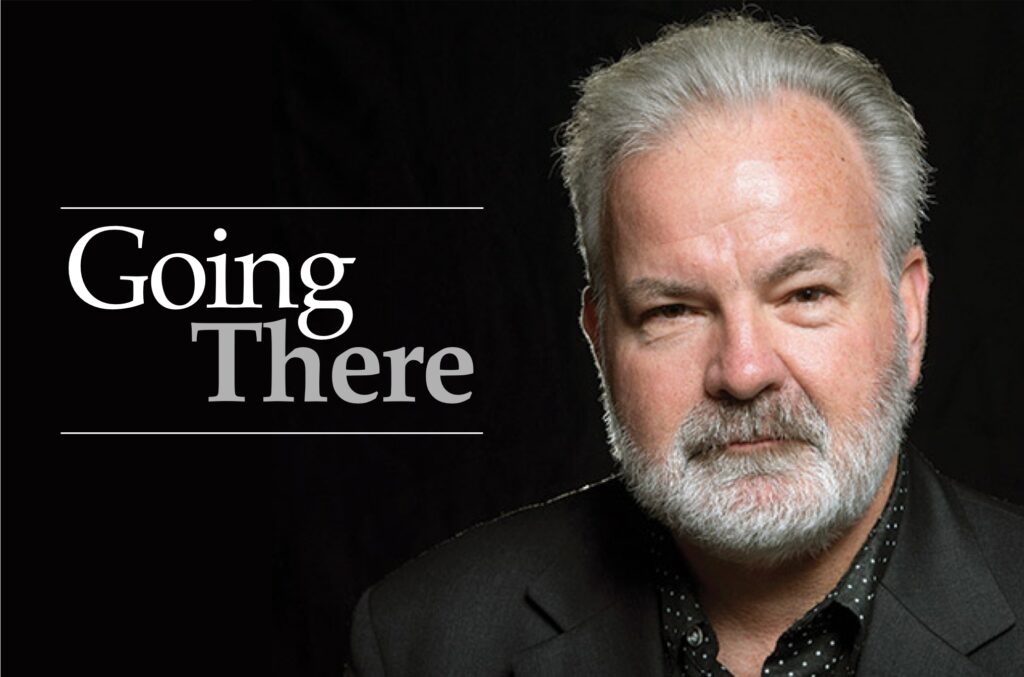Wilderness Park Master Plan
by Freeman Allen
I wanted to visit homes on Forsyth Place to talk about the Claremont Energy Challenge, but there was no place I could park. All the spaces were vacant but all were posted “Residence Permit Required,” even on nearby streets.
That’s Claremont’s response to complaints about the Claremont Hills Wilderness Park attracting noisy visitors, and I wonder what the city will say to others who may now want similar restrictions because they live near places that frequently attract a crowd.
Forsyth Place is a small street on the west side of Mills Avenue, a few blocks from the entrance to the park. Even parking spaces with no homes nearby are posted. That seemed bizarre. I knew there had been complaints about park visitors disturbing residents, but this was the first time I had experienced how it felt to drive by blocks of empty spaces before finding a place to park.
I hear restrictions are planned to just above Base Line Road. I wondered if there isn’t a better solution. I looked to the newly-drafted Claremont Hills Wilderness Park Master Plan, now being reviewed by the city, for that better solution. I was disappointed.
There is emphasis on parking in the plan, perhaps too much so. The proposal is to increase the $3 parking fee on the park lots to $5—and to $10 when use is particularly popular such as on Saturday and Sunday mornings. That didn’t seem like much of a solution.
Perhaps it would be an incentive to park even further away, and it might even discourage use at those peak times, but I wondered if there is a better way.
For example, why not charge an entrance fee instead of a parking fee? That way everyone would share in the expense of maintaining the park, and it would present a good opportunity to remove some of those parking restrictions. Of course, there are many things to be considered to find the best solution. A study group could be appointed with members from across the community to be sure of a broad perspective.
This draft plan has little about other important issues. This land is our watershed, but there is little about that except on soils. The main purpose of the wilderness park, as determined by the city, is preservation, but that is not emphasized. The draft plan does not mention the $200,000 Feasibility Study for the project Thompson Creek Spreading Grounds: Acquire, Restore, Preserve. This land at the top of Mills Avenue that holds the dam would be added to the park as a low-impact recreational area where storm water capture would be enhanced and endangered natural habitat preserved. The draft plan claims to look forward 20 years, but does not consider such additions or include a plan for governing the park in the future.
The draft plan is posted on the city of Claremont’s website. There will be an opportunity for public comment at the Technical Advisory Committee meeting at the Hughes Center at 6:30 p.m. on Thursday, September 10.
Demystifying Sustainability is a project of Sustainable Claremont (sustainableclaremont.org). Follow us on Facebook at facebook.com/sustainableclaremont and on Twitter #GreenClaremont, and consider becoming a member









0 Comments